J’accuse! (1919)
“The dead — and the living. I don’t know anymore! I accuse!”
|
Synopsis: |
|
Genres, Themes, Actors, and Directors:
Review: … who is nastily treated by her abusive husband: — but all is resolved (sort of) when the poet suddenly takes on a dangerous mission meant for Severin-Mars, and out of sheer gratitude, the pair realize they should simply bond over their mutual love for Dauvray. The added complication of Dauvray fathering a child while kidnapped: … gets us confused once again, as we’re not sure which is worse: Severin-Mars believing the child is a product of rape by a German, or Joube’s love-child. Regardless, all of this initial drama should probably be glossed over in favor of appreciating Gance’s cinematic genius, especially as he moves into supernatural territory with his depiction of Joube going mad from the terrors of war and believing slaughtered soldiers are coming back to life to judge those left behind. His imagery is truly provocative, and worth a look by fans of silent cinema. Redeeming Qualities and Moments:
Must See? Links: |
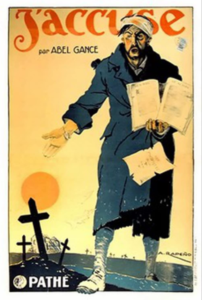
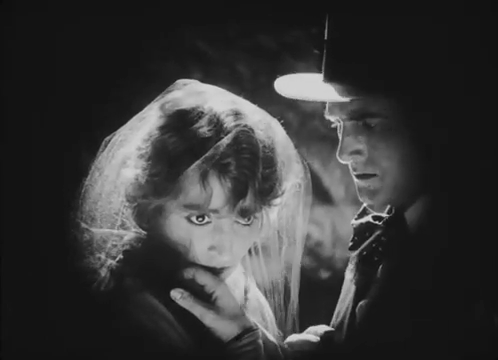
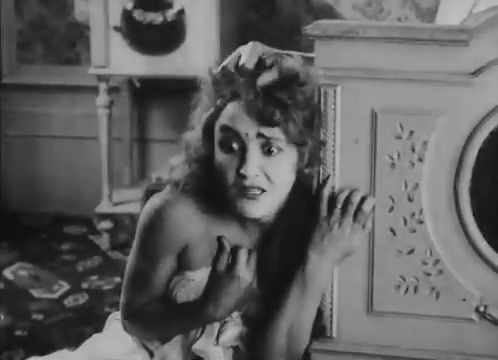

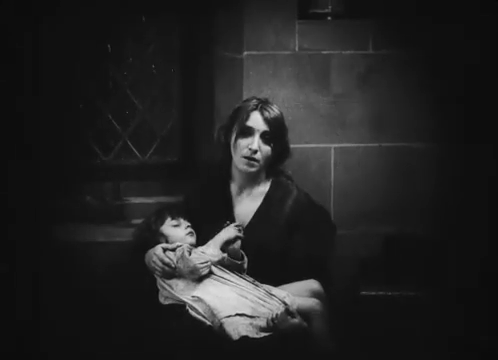

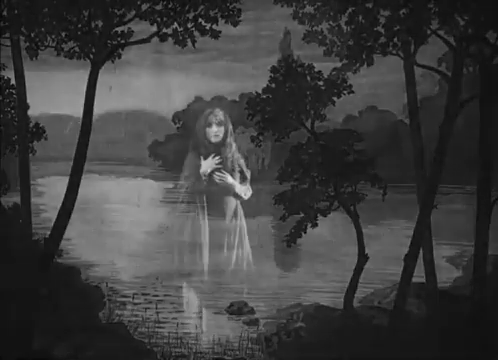
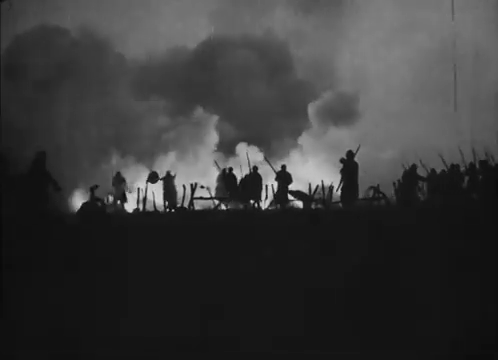
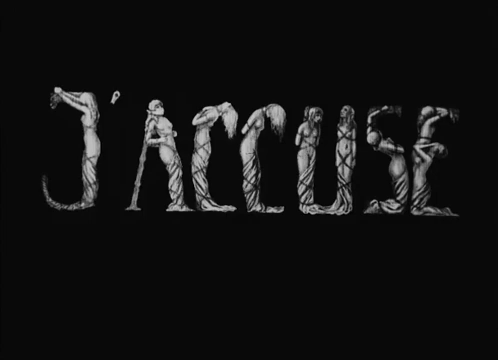
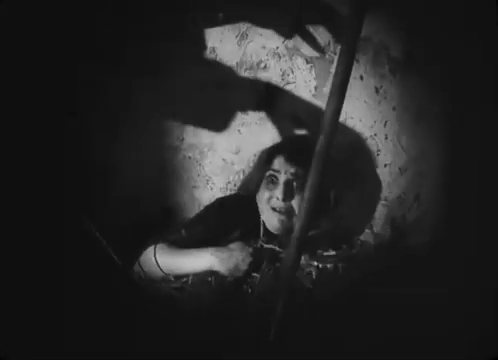
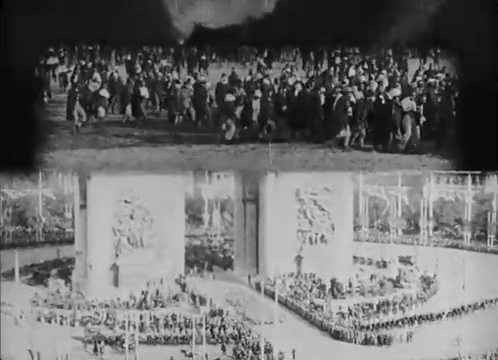
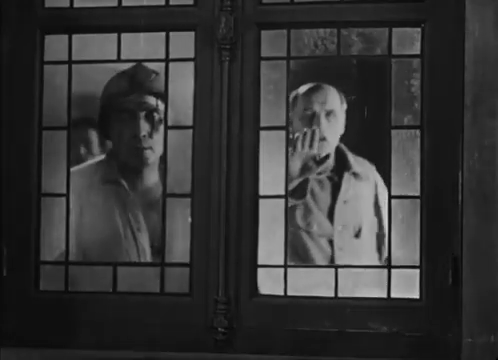
One thought on “J’accuse! (1919)”
First viewing. Not must-see; however, I’m in agreement with the assessment given – particularly the observation that “all of this initial drama should probably be glossed over in favor of appreciating Gance’s cinematic genius…”. There is certainly enough arresting imagery to make the viewing of interest (whether you’re a fan of silent cinema or not) and the almost-3-hour running time flies by at a surprising clip.
While it’s irritating (though not uncommon for the period) to witness Edith being blamed for being raped (!), the specifics of the challenged friendship between the men makes for a unique dynamic. And, throughout – with the reprises of skeletons engaged in the dance of death – Gance periodically reminds us of the inevitability of fate.
Gance made an impressive (approximately) 50 films in his prolific, 60-year career. While this early version of ‘J’Accuse’ (which he would remake himself) does not approach the ambition of Gance’s must-see masterwork ‘Napoleon’, it’s a worthy accomplishment.